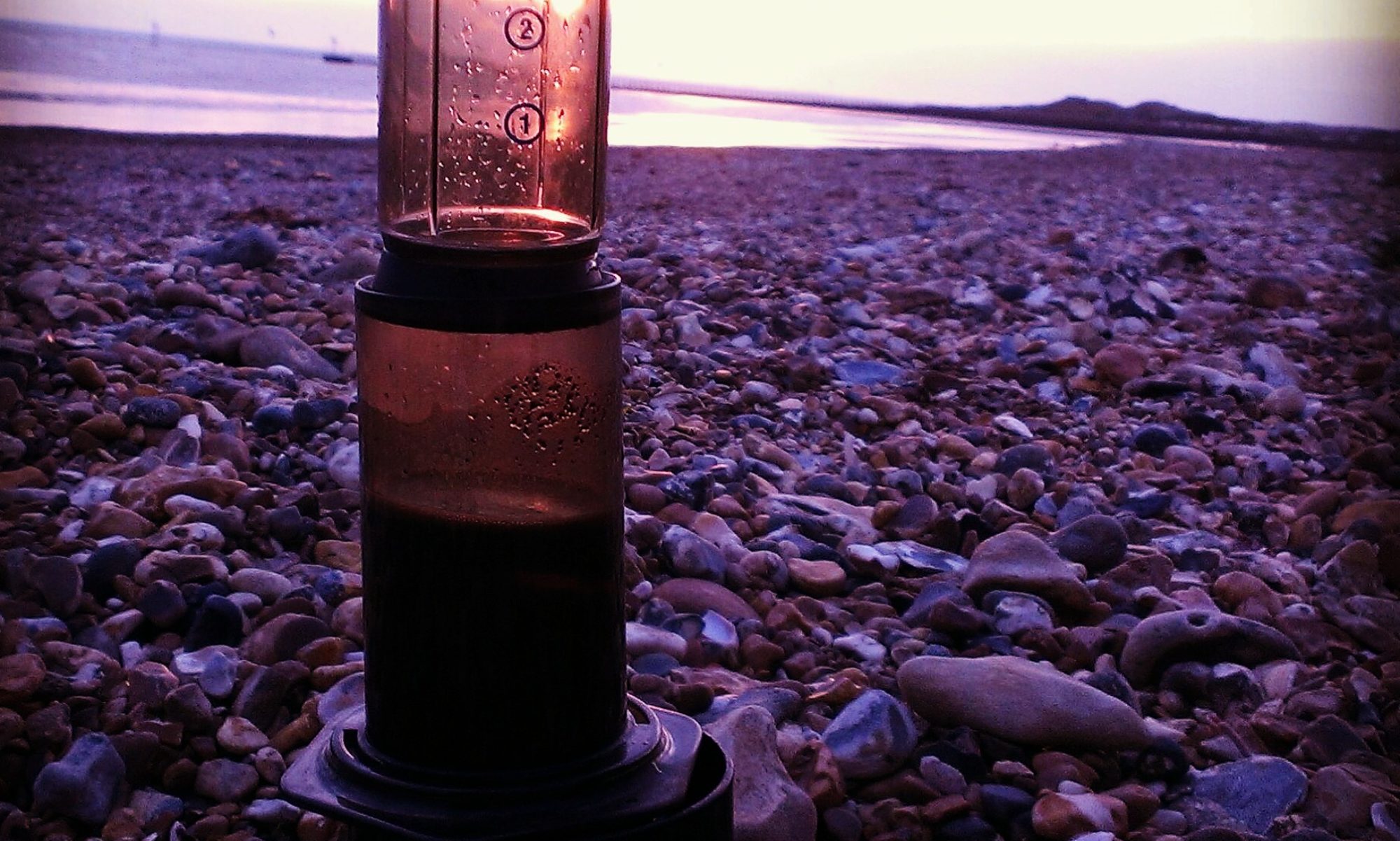At its simplest, making coffee is just about combining ground coffee and hot water.
People have different preferences and tastes though, so there’s no automatic formula to making a cup that YOU will enjoy – everyone needs to experiment and find what they like best!
There are some simple principles that can help you get more from your coffee, here’s a few of them:
The better the origin the more chance you have that it will taste good – this applies to both the coffee and the water.
Some people do make coffee with boiled spring water as they think it gives the coffee the best chance. That may be going way too far for most people, but it is worth remembering that the water you use will have an impact – using water that has gone through a water filter could be a good idea if you have one.
The coffee origin can be talked about for ever – but there is at least a very simple thing to remember: the fresher the coffee the better. So within the coffee making process it’s ideal to keep the coffee in the form of beans as long as possible before grinding – right up until you actually make the coffee in fact! Air is an enemy of coffee freshness – so when you grind the coffee it’s best not to do it days or hours in advance, but just as the water is boiling.
You can still get great tasting coffee from pre-ground coffee – but don’t keep ground coffee in the cupboard for months on end, and remember this thing about air being coffee’s enemy: keep your coffee in an airtight container and limit its exposure.
The water you use should be off the boil (best at90 to 95 degrees celsius) – certainly not boiling.
What’s next depends upon the coffee making method that you use: in fact the grind fine-ness of your coffee should really be different depending upon the coffee maker that you’re using.
Turkish coffee requires the finest grind (almost like powder), espresso makers very fine too, AeroPress generally uses a reasonably fine grind (like fine sand) as do stovetop makers and syphon devices. Automatic filter makers need something a little coarser but we’re still staying on the fine side with these.
A pourover coffee maker or a Chemex needs a grind on the coarser side (but not too much as the coffee grinds are in contact with any part of the water just briefly, as it flows through).
A Clever Dripper , a Cafetiere/French Press, or Cold Brew require the coarsest grind as the coffee will be seeping in the water for an extended period of time.
Once you’ve made your coffee, don’t leave the coffee standing – dispense it and drink it!! The longer it stands the more bitter it will become as the coffee grinds will have been in contact with the water for too long.
Hopefully those principles are useful in approaching your coffee making – remember to experiment and enjoy finding out the differences that result from changing some of the ways you make your coffee.
Oh, one last point – the ratio of coffee to water will be something that you decide for yourself – but it’s useful to start from the Speciality Coffee Association best brewing practices: 55g of coffee to 1 litre of water (which works out at about 14g for a small mug of 250ml, or about 18g for a large mug of 330ml).
View our speciality coffee selection and coffee making devices at artistrycoffee.co.uk











